All Stories
-
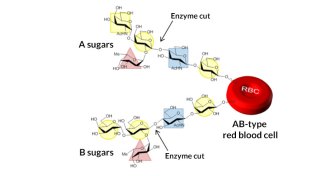 Chemistry
ChemistrySugar-cleaving molecule raises hope for universal blood
An engineered enzyme can quickly slice and dice some A and B markers from blood cells, bringing researchers closer to creating universal blood.
By Beth Mole -
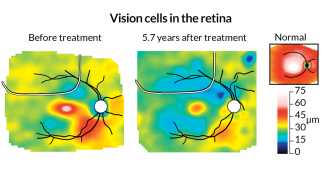 Genetics
GeneticsGene therapy for blindness dims a bit
Gene therapy improves vision temporarily but can’t save sight.
-
 Math
MathResearch can’t be right with ‘Statistics Done Wrong’
Fraud in science gets a lot of attention and condemnation — as it should. But fraud isn't that interesting compared to all the errors that scientists commit unintentionally.
-
 Tech
Tech‘Ex Machina’ explores humanity as much as AI
Sci-fi thriller delves into hubris and power relationships.
By Eva Emerson -
 Neuroscience
NeuroscienceZipping to Mars could badly zap brain nerve cells
Charged particles like the ones astronauts might encounter wallop the brain, mouse study suggests.
-
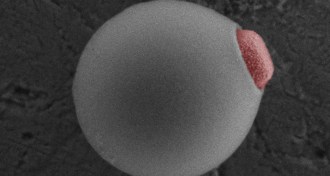 Physics
PhysicsTiny particles propel themselves upstream
Light-activated, human-made particles can align themselves with the flow of a fluid and swim upstream.
-
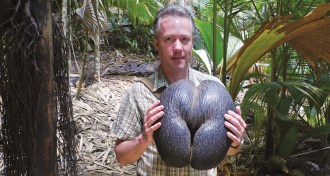 Plants
PlantsHow slow plants make ridiculous seeds
Coco de mer palms scrimp, save and take not quite forever creating the world’s largest seeds.
By Susan Milius -
 Animals
AnimalsLazy sunfish are actually active predators
Ocean sunfish were once thought to be drifting eaters of jellyfish. But they’re not, new research shows.
-
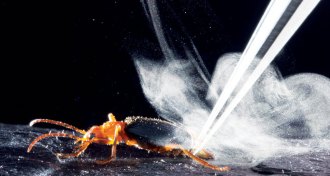 Animals
AnimalsBeetle’s toxic, explosive vapor explained
From a two-chambered gland in their rears, bombardier beetles unleash a toxic, blazing hot spray to defend themselves.
By Beth Mole -
 Physics
PhysicsExplanation for G’s imprecision stumbles
A surprising new result seems to suggest that subtle changes in Earth’s rotation rate could account for physicists’ difficulty in measuring Newton’s gravitational constant. But some confusion with dates appears to derail the finding.
By Andrew Grant -
 Planetary Science
Planetary ScienceMESSENGER mission ends with crash landing on Mercury
The MESSENGER mission to Mercury came to a spectacular end as the probe crashed into the planet’s surface.
-
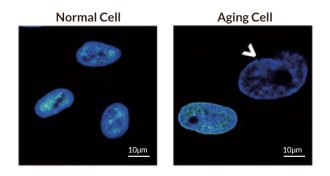 Genetics
GeneticsDNA disorganization linked to aging
Changes in the way that DNA is tightly packed in cells leads to mayhem that promotes the aging process.